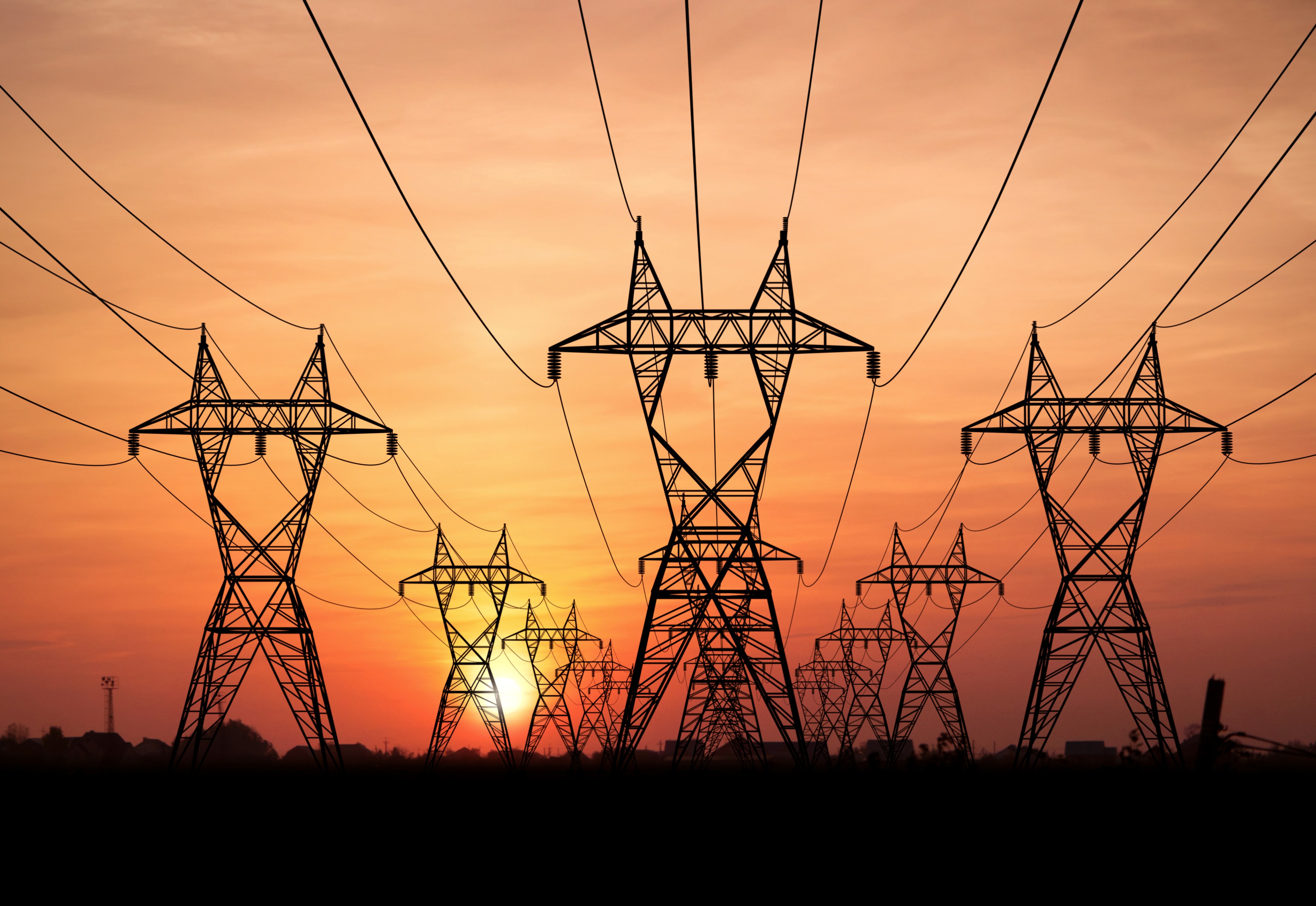Retail Energy in Massachusetts
Learn about the history of retail energy and the challenges that consumers face in the Commonwealth.
Interested in Solar?
Talk to one of our solar specialists today and get started with Community Solar.
Learn MoreRetail Energy Challenges in Massachusetts
Energy deregulation began in Massachusetts in 1998, along with many other states who were pressured to do something about the rising electricity costs across the nation. Deregulation meant that competitive energy suppliers were allowed to enter the market. Energy prices were no longer regulated, and consumers were able to choose their energy provider, rather than being forced to receive supply from a particular provider. By 2005, both the electricity and natural gas energy markets had been deregulated. Giving Commonwealth residents the ability to choose their own preferred energy supplier has created a more fair market system by preventing energy monopolies and increasing competition. However, retail energy has not been without its own challenges over time.
Competitive Electric Supply Challenges For Consumers
In 2018, the National Consumer Law Center (NCLC) published a report urging the Massachusetts Department of Public Utilities and state legislatures to take action against what they called a “failed” competitive electricity market. The report was filed after the Massachusetts Attorney General released the results of a 2-year analysis that showed that consumers were paying more with retail electricity than they would have if they stayed with their municipal utility company.
This is a complaint that has been echoed across many states since energy deregulation and the introduction of retail electric providers, which was designed to level the market for consumers, has in and of itself become a different kind of business. In Massachusetts, one of the main complaints has been over different sales tactics designed to lock consumers into certain contract terms with low entry rates (sometimes called “teaser rates) that rise over time, which is primarily impacting low-income and elderly households.
In summary, the report complains that aggressive sales tactics are enticing people to switch from their municipal utility supplier to a competitive energy supply (CES) company. Once locked in, seemingly small rate increases add up over time and consumers end up paying more than they would have if they had stayed with their designated utility to begin with.

Compare Local Utilities Before Switching to Retail
Many Massachusetts residents do not realize that regardless of which energy supplier they choose, they will be paying the same delivery charge, which is set by their local utility. This fee is associated with the cost of delivering the electricity to a home or business. It is the electric supply charge that varies based on the supplier chosen. Residents should always check with their utility on their supply rate first before switching to a retail supplier; compare those rates first to make sure you’re getting the best deal. Utility rates typically change every six months and you can view historical rates to compare costs. Be sure to also read retail electric terms and conditions and check for any hidden fees, such as base fee charges or cancellation penalties.
Renewable Energy Brings More Ways to Save In Massachusetts
Despite consumer challenges, the energy market in Massachusetts has made improvements as well. Around the same time as deregulation, there came a focus on using renewable energy resources. For example, the Solar Massachusetts Renewable Target (SMART) Program, which officially went active on November 26, 2018, incentivizes the development of cost-effective solar energy sources in order to increase the use of renewable energy in the Commonwealth. This has increased access to suppliers that use clean energy resources for both commercial and residential consumers, and many Massachusetts residents are able to lower their cost of electricity through the use of solar credits on their energy bill. Community Solar programs like those operated by Clearway Community Solar are available to allow consumers to take advantage of solar savings without installing rooftop panels on their home. Instead homeowners and renters alike can subscribe to their local Community Solar farm and receive a credit on their monthly bill based on the amount of energy generated by their subscription.



